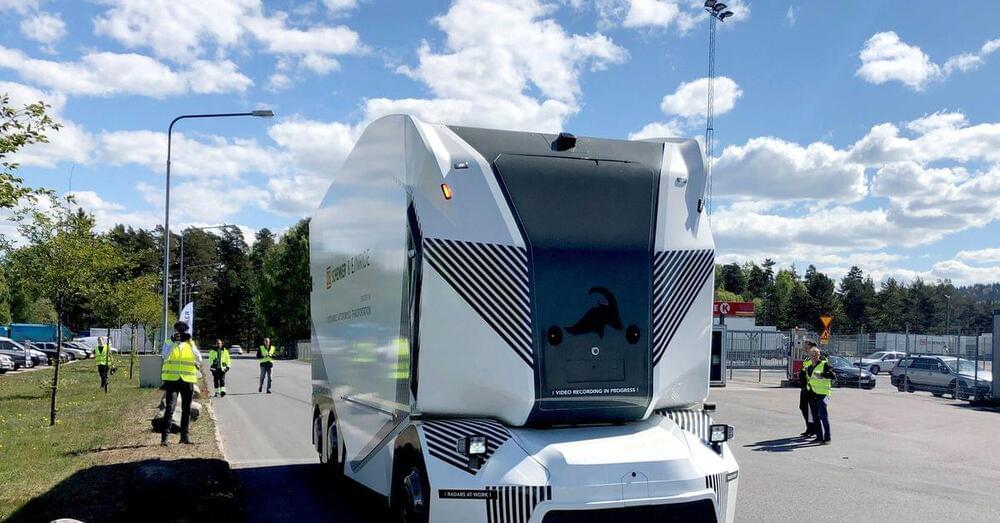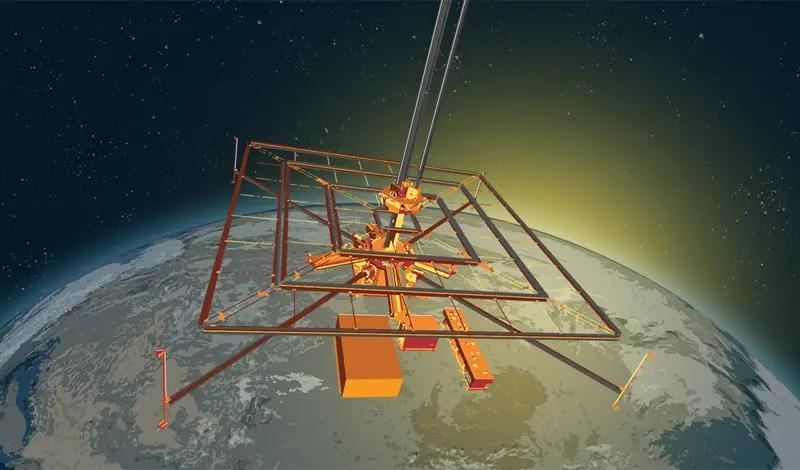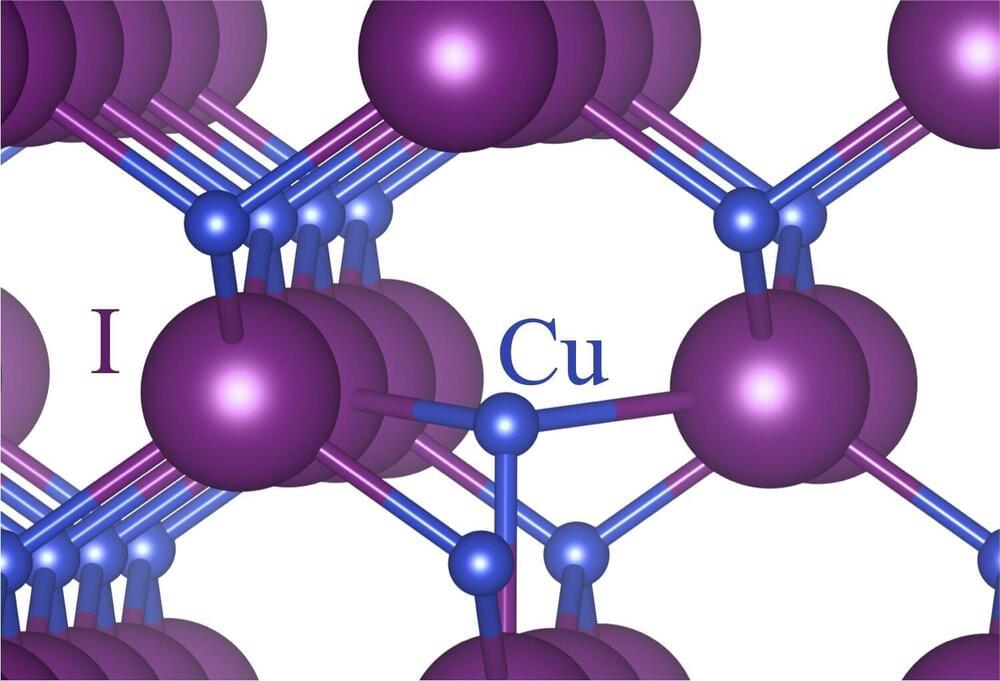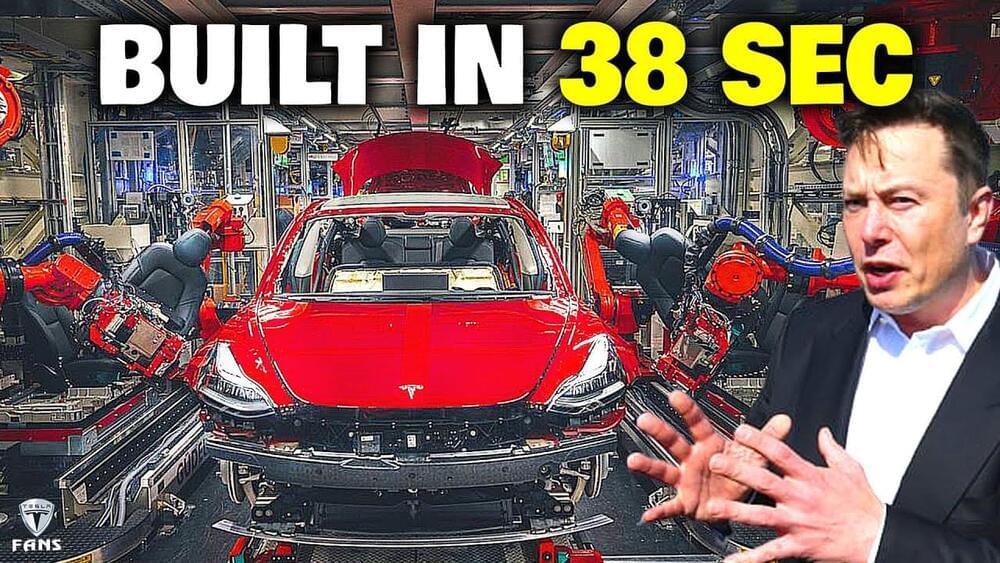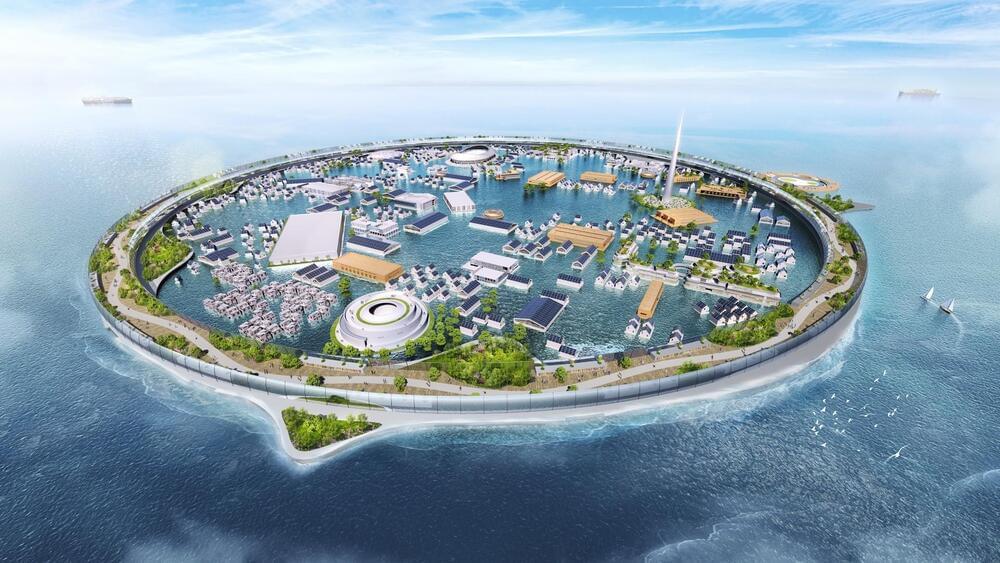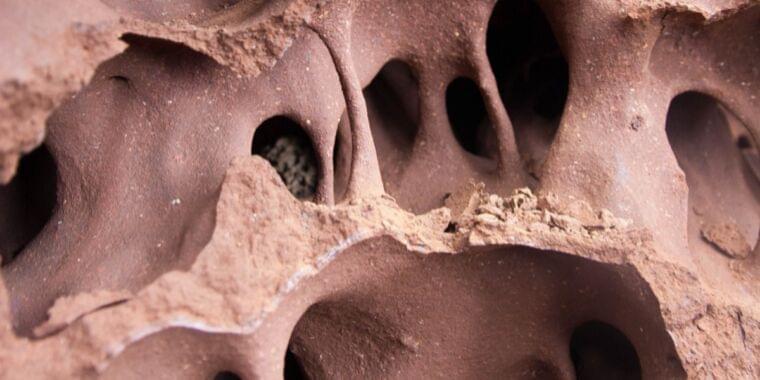Jun 14, 2023
Self-driving truck company Einride expands into Norway
Posted by Genevieve Klien in categories: robotics/AI, sustainability, transportation
COPENHAGEN, June 14 (Reuters) — Swedish electric self-driving truck company Einride expects to reduce CO2 emissions in Norway by 2,100 tonnes over the coming three years as it partners up with Scandinavia’s leading postal service, PostNord, the company said on Wednesday.
Norway has the world’s highest number of electric vehicles per head of population and aims for all heavy vehicles to be zero-emission by 2040, potentially cutting CO2 emissions by 4.4 million tonnes or nearly 9% of the country’s annual emissions.
“Given Norway’s pioneering work in electrifying passenger vehicles, it’s only logical that they should take a leading role in the electrification of heavy-duty freight as well,” Einride CEO Robert Falck said.
